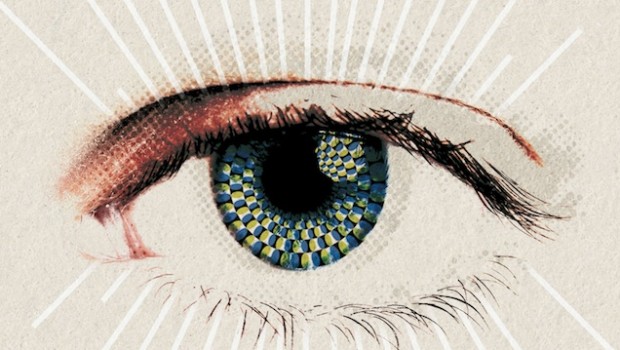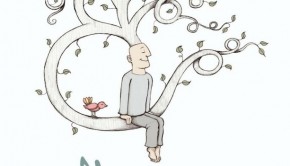Hallucinations by Oliver Sacks
| Press reviews | Buy the book | Have your say |
Blurb: Have you ever seen something that wasn’t really there? Heard someone call your name in an empty house? Sensed someone following you and turned around to find nothing? Hallucinations don’t belong wholly to the insane. Much more commonly, they are linked to sensory deprivation, intoxication, illness, or injury. People with migraines may see shimmering arcs of light or tiny, Lilliputian figures. People with failing eyesight, paradoxically, may become immersed in a hallucinatory visual world. Hallucinations can be brought on by a simple fever or even the act of waking or falling asleep, when people have visions ranging from luminous blobs of colour to beautifully detailed faces or terrifying ogres. (Picador, 2012)
Will Self, Guardian
“For those unacquainted with Sacks’s earlier work, Hallucinations is a perfectly respectable place to start … indeed, for seasoned Sacks-watchers, I would say that Hallucinations is really the keystone of the amazing edifice that is this remarkable thinker’s oeuvre; a body of work that sets out to do nothing more or less than examine the totality of human being from the perspective of neurology.”
Michiko Kakutani, New York Times
“Dr. Sacks conjures these apparitions in language that has an easy, tactile magic. As he’s done in so many of his earlier books, like The Man Who Mistook His Wife for a Hat and An Anthropologist on Mars, he uses his medical knowledge to illuminate the complexities of the human brain and the mysteries of the human mind. At the same time, his compassion for his patients and his own philosophical outlook turn what might have been clinical case studies into humanely written short stories, animated as much by an intuitive appreciation of the human condition as by scientific understanding.”
Lisa Appignanesi, The Observer
“Not only does he shadow his patients’ lives outside the consulting room to observe their condition fully and clearly, but like a novelist he also empathises so markedly with them that he develops or finds kindred states in himself … In one of the liveliest sections of this hallucinator’s smorgasbord, Sacks narrates his own early days as an LSD, mescalin and amphetamine user – an activity he only discontinued after he was taken over by a panic-inducing set of visions. These included seeing a huge proboscidean head, a busload of glittering insect eyes and flapping buildings.”
Leyla Sanai, Independent on Sunday
“He investigates the likelihood that these hallucinations have contributed to many human endeavours, including art and fiction. Lewis Carroll’s imagination may have been fired by Lilliputian visual hallucinations (also called Alice in Wonderland syndrome) prior to migraine; Dostoevsky’s gradual move from realism to spiritualism by ecstatic pre-epileptic hallucinations; Joan of Arc’s religious visions might also be explained by epilepsy … Affable, affectionate, respectful and smart, Sacks could be the David Attenborough of the human mind.”
James McConnachie, Sunday Times
“Sacks does not aggressively debunk some of the more fanciful notions surrounding hallucination, but the manner in which he concludes, with the subject of religion, is surely pointed. He argues that prayer, like meditation, can induce the very kind of trance state in which hallucinations emerge … Of course, believers will argue that bereavement, blindness or solitary meditation do not produce hallucinations, but create the conditions in which we are able to see beyond our accustomed reality. They have a point, which Sacks rather ducks in this otherwise hugely satisfying book.”
Read full review (£)
David Aaronovitch, The Times
“Sacks details the delusions of epileptics, sufferers from Parkinson’s, drug-takers and schizophrenics. He looks at religious ecstasies, alien abductions and Near-Death Experiences (capitalised by those who tend not to believe that they ARE hallucinations). He shows their variety and richness, and speculates about what parts of the brain they emerge in … I was disappointed by Sacks’s relative lack of interest in why we hallucinate what we do.”
Read full review (£)
Buy the book
Amazon | Foyles | Hive | Waterstones
OMNISCORE:












